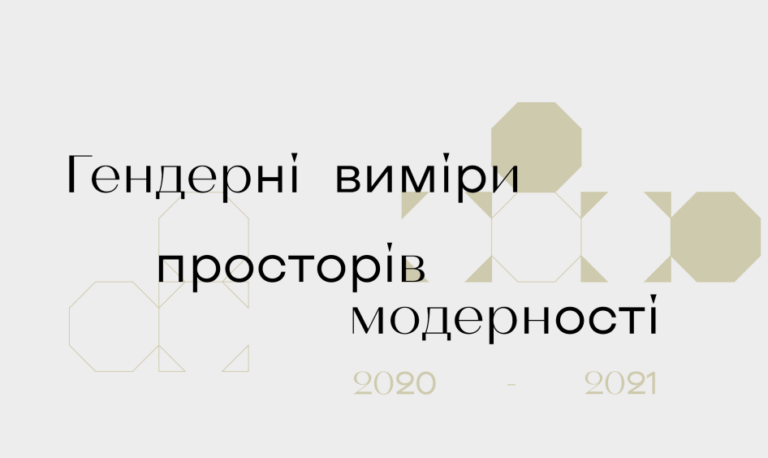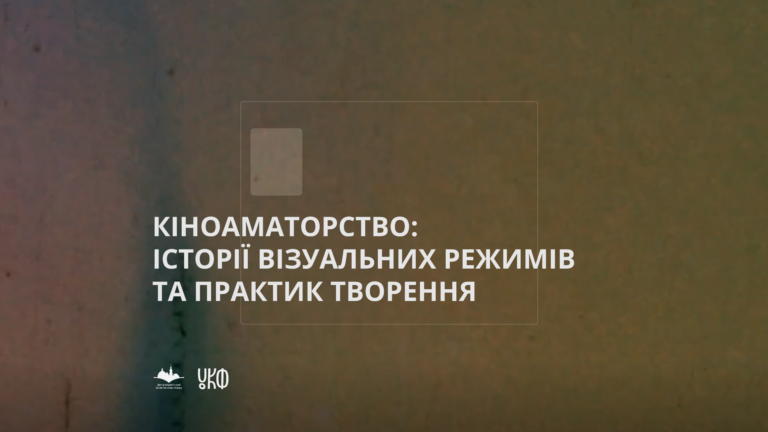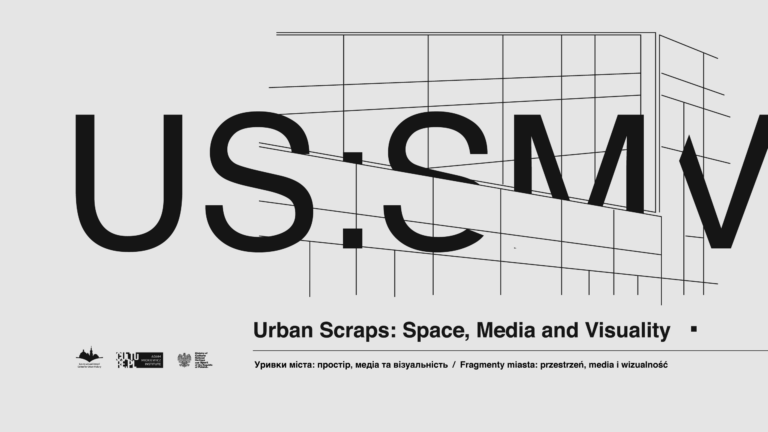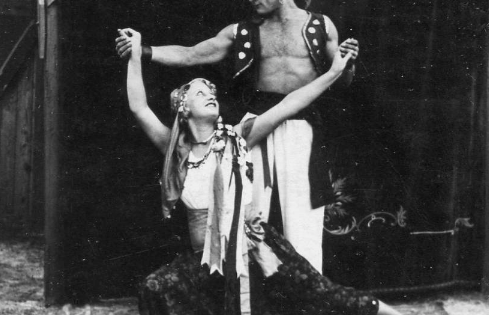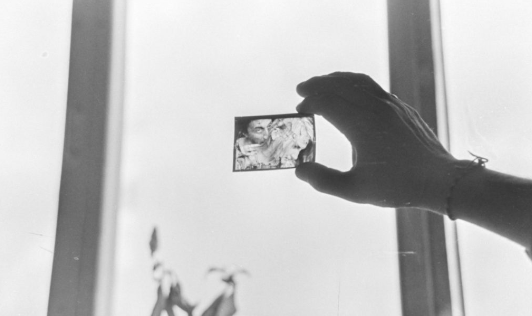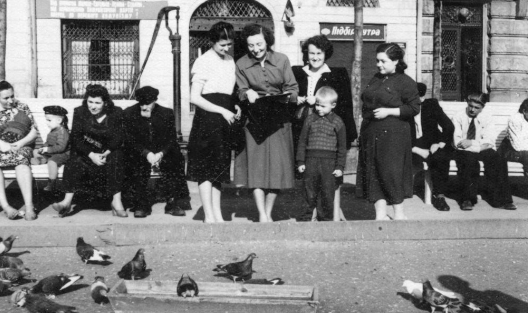Online Courses
Filter by themes:
The late nineteenth and twentieth centuries entered history with rapid changes, such as political, economic, demographic, social, ideological, and cultural. The course makes an attempt to look at how modernization has changed men and women and their gender roles and responsibilities, and what new meanings it gave to the once-established norms. It also tackles the question of how the modernity enshrined approaches affect our present. The topics presented in this course refer to different humanitarian disciplines (women's history, cultural studies, sociology, literary studies, art studies) and to different historical contexts. They rely on a variety of sources and methods focusing on a person in their gender-based roles and interdependencies. The course will present...
Amateur film is a phenomenon directly related to the technology of small-format shooting. It dates back to the end of the 19th century, but it acquired a mass character in the middle and second half of the 20th century. For many, filmmaking has become a means of creative self-expression, a tool for remembering and capturing important events in life, as well as an opportunity for leisure and interaction between people. Kilometers of film shot by amateur filmmakers still remain unreviewed due to the decline of technology and the private nature of filming. The legacy of amateur filmmakers is a huge layer of visual sources that witnessed the past from the perspective of a...
This cource was born as an attempt to reflect on certain urban phenomena in the 20th century from a transnational perspective. The lectures will tell about the phenomenon of urban scraps and urban fragments in the legacy of modernist painters. We will learn about how the media could be transit phenomena and how art forms could ruin the strong ideological frames. We are going to see how the Lviv Avant-Garde was building, how the street was becoming a source for inspiration of artists of Lviv Modernism, and how street art has been important political self-expression also today.
Culture is one of the most complicated concepts, and yet we use the word all the time. This course is about how to think about culture, introducing you to the field of cultural history. Through this exploration into cultural history you will learn how to analyze and articulate how people ascribe meaning to various ideas, objects, and practices.
The course is aimed at both encompassing the theoretical aspects of the visual turn in the 20th century and demonstrating practical instruments for analyzing static and dynamic images. It studies the key issues of the visual culture sphere and orients students in the topic of the social role images and visuality play.
The course serves as an introduction to urban sociology, thus illustrating key discussions and inviting to a deeper acquaintance with selected topics. It focuses on the city as a key arena of (co)creation, consumption, a manifestation of culture, and on the actors shaping it.

